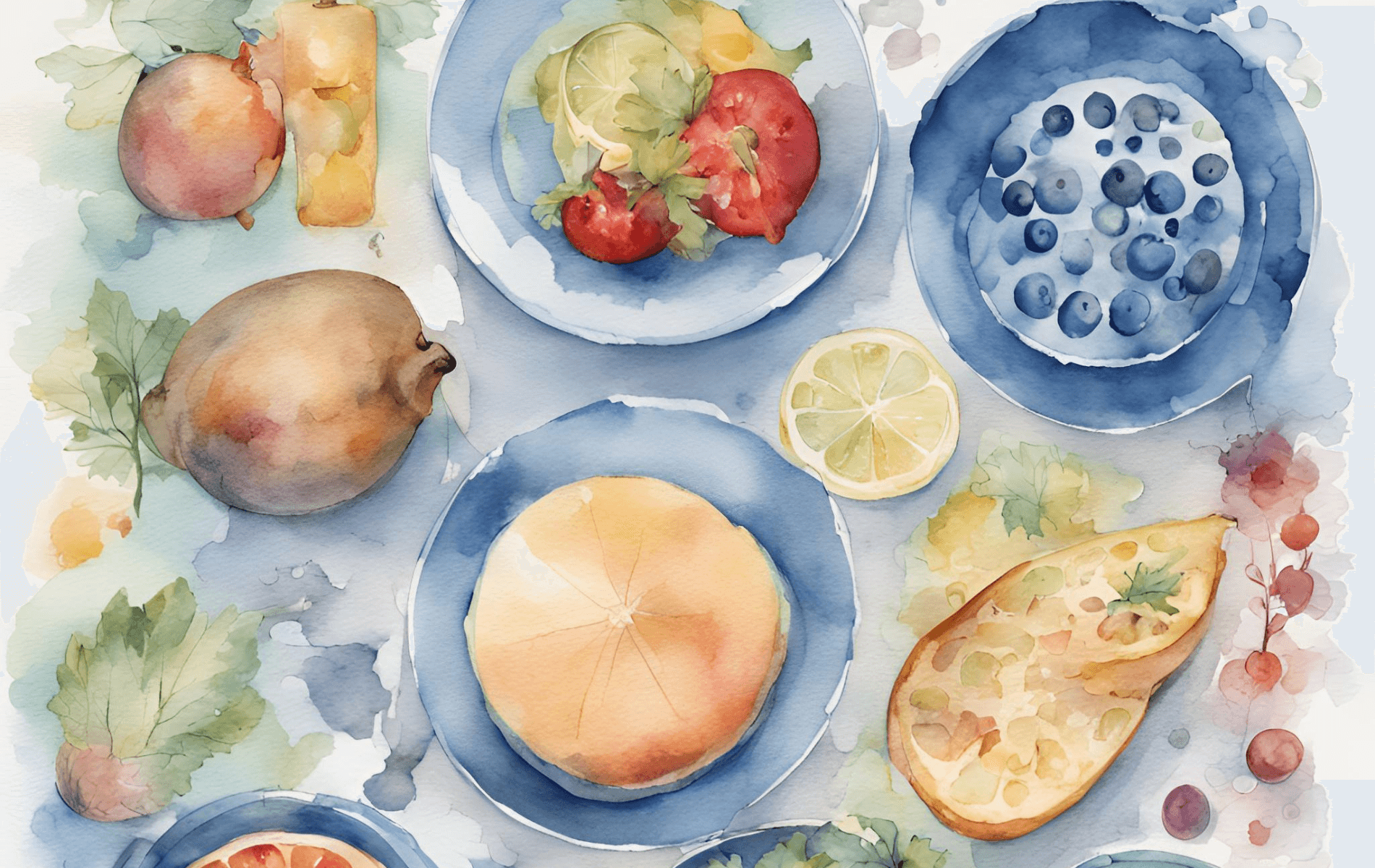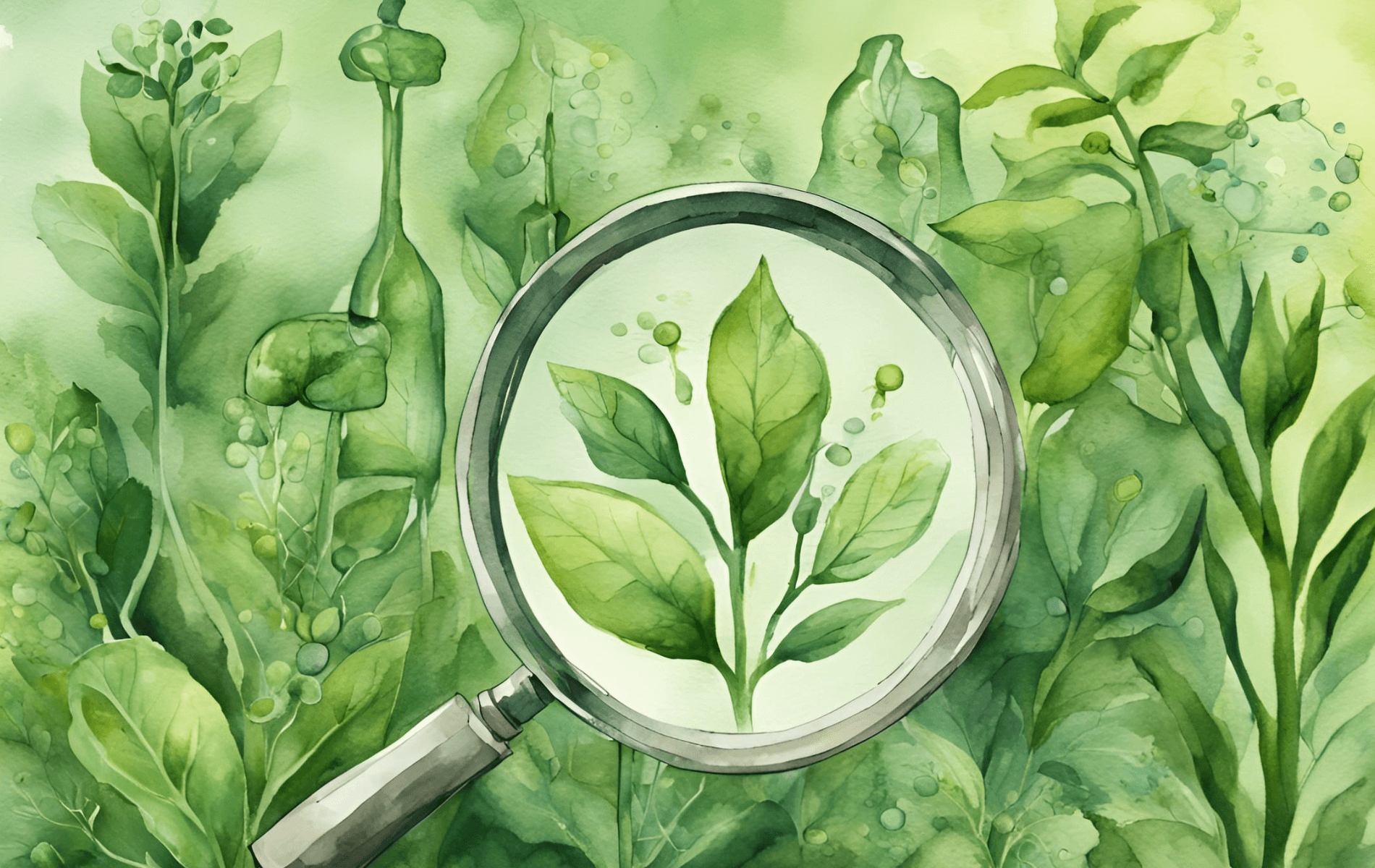Mediterranean Food & Diet
Thematic Line
Food, including food safety, chemistry, and technology, is an emerging research area in MED, in which we are investing. This thematic line aims to contribute to improving sustainability of food systems, through the analysis of food, using cutting-edge omics methodologies, to uncover new food sources and products, to develop ways to process, preserve, package, or store food, according to consumer needs, bearing in mind the principles of the circularity and contributing to the development of the local economy.
In this TL context, the main research problems are:
1) improving quality and added value (wines, table grapes, and spirits), taking advantage of the differentiation provided by Portuguese varieties and new technologies;
2) quality, authenticity and chemical contaminants in olive oils
3) the increasing demand on environmentally sustainable foods, safe, nutritious and sensory appealing
4) the need for more sustainable packaging materials able to increase shelf life and reduce post-harvest disorders.
Research questions deal with:
1) comprehensive approaches based on omics (vol atomic, lipidomic, proteomic, genomic) for the characterization of various food matrices linked with production or technological systems;
2) assessment of food safety in terms of contaminants of chemical and microbiological origin;
3) the oral mechanisms involved in the development of food flavor to promote healthy and sustainable eating, focusing plant-based diets, such as the Mediterranean Diet (MD);
4) how to increase shelf life of products;
5) thinking sustainable packaging;
6) develop and teste eco-friendly technologies to control the main postharvest diseases and reduce the postharvest physiological disorders;
7) develop fermented food processing using raw materials associated with the dietary pattern of the MD to produce "new fermented foods".
Expected Results
1) increased knowledge of Mediterranean food products and the impact of new technologies on their quality;
2) identification of factors determining food preferences and choices, to promote MD;
3) healthy and sustainable eating;
4) valorization of agrifood wastes to obtain new food products, new biodegradable materials and functional ingredients to be added either to new food products or to new packaging materials;
5) development of edible coatings based on active compounds and renewable resources.

Coordinator



